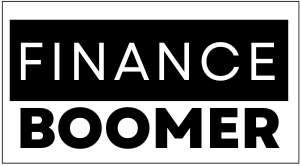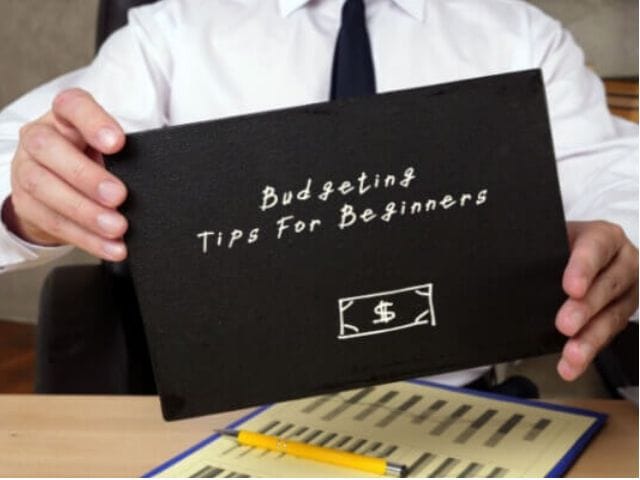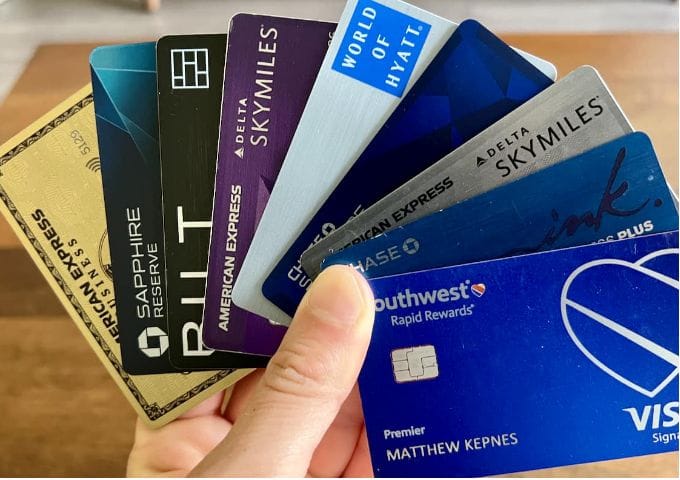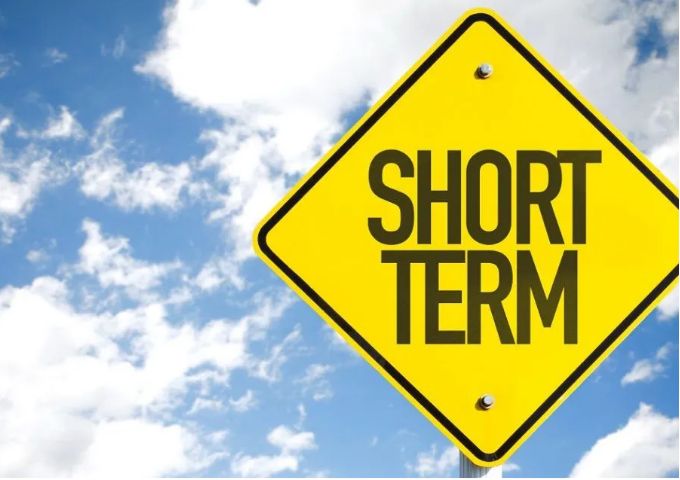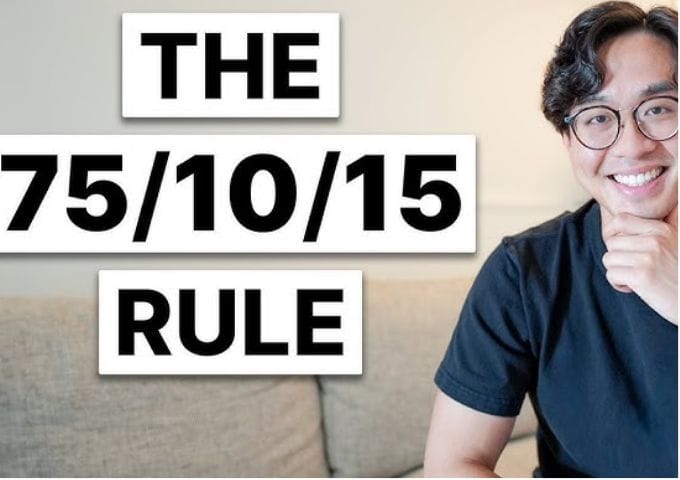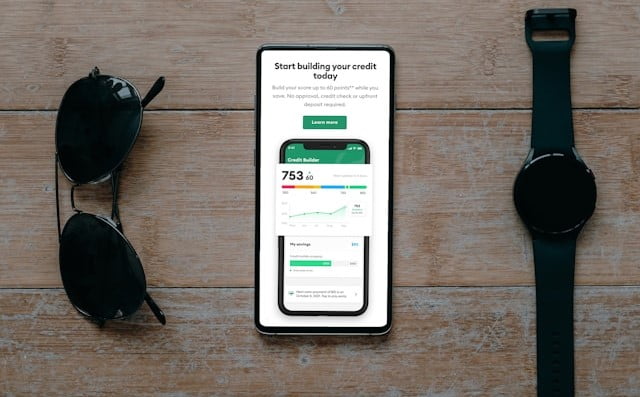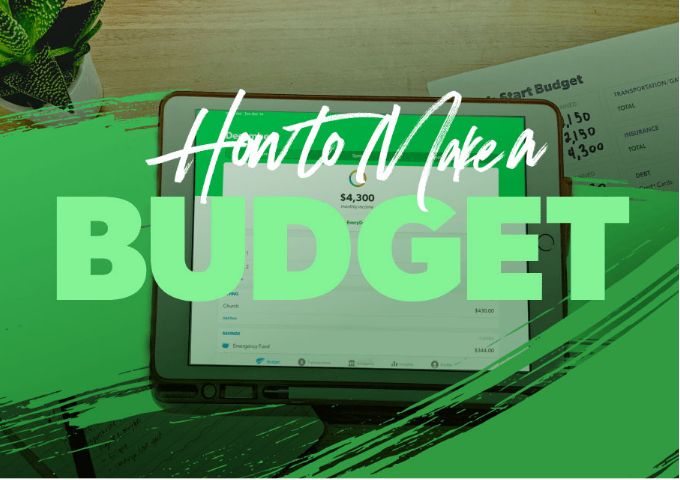TOP 8 BUDGETING TIPS FOR BEGINNERS
Today we’re going to talk about some of the top favorite budgeting tips for beginners. We’ve got a lot to cover in this article, so let’s go ahead and get into it.
Tip 1: Don’t Try to Slash Your Spending Overnight
What commonly happens, especially when we first start budgeting, is that we go through, review our spending, and realize just how much money we’re spending in categories like groceries, fun money, eating out, and hobbies. A lot of us, especially at the beginning, don’t have much wiggle room between our income and expenses. So, it’s really tempting to look at those bigger spending categories and feel like you want to completely slash your spending and cut out as much as possible.
When I first started budgeting, I realized the month before that I had spent $900 on DoorDash. I didn’t have $900 to spend on DoorDash, and my gut reaction was to completely cut it off. But when I actually took a step back and asked myself why I was spending that money on DoorDash, I realized that it was providing me with something I really needed. I was a busy grad student managing what felt like two full-time jobs—one of which was unpaid—and I was exhausted, struggling with my mental health. DoorDash gave me a way to eat because cooking felt so overwhelming. In my mind, it was all or nothing: cut DoorDash entirely, or continue as is. The thought of cooking all the time overwhelmed me and wouldn’t have been sustainable.
So, instead, I resolved to start by cutting back on DoorDash just one time a week. I started with one meal that I could make, even if it meant buying an $8 pre-packaged meal from the grocery store. While it seemed expensive, it was still much cheaper than a $30 delivery from DoorDash. Slowly but surely, I was able to reduce my spending from $900 a month on DoorDash to about $150. The problem with slashing spending overnight is that it often doesn’t work because you’re creating a budget for an idealized version of your life rather than your real circumstances. When it fails, you feel like you’ve failed, rather than realizing the budget wasn’t realistic in the first place.
If you want to reduce spending in categories like groceries or fun money, try cutting it by $10, $20, or $30 chunks at a time. Set small, achievable goals until you reach your target, or realize that your final goal wasn’t realistic, which is okay too. It’s better to cut a grocery budget from $1,000 to $500 over the course of a year in a sustainable way than to slash $500 in one month and give up on budgeting altogether.
Tip 2: Avoid Life-Changing Financial Decisions Early On
The second piece of advice is to refrain from making significant or life-altering financial decisions early on. The majority of financial mistakes can be reversed, so this shouldn’t terrify you, but there are some that can have long-term effects, including refinancing student loans or cancelling credit cards. When you’re just starting out, you may not have all the information you need to make the best choice for your situation. For example, refinancing federal student loans could mean losing benefits like forgiveness or income-based repayment plans. I almost made this mistake before COVID hit. I was approved for refinancing at a low APR, but once you refinance federal loans to private ones, you lose eligibility for forgiveness and other federal benefits. Had I refinanced, I wouldn’t be eligible for the $20,000 forgiveness I might receive now, and I would have been making payments while federal loans were on pause during COVID.
Similarly, canceling all your credit cards—often recommended by financial advisors like Dave Ramsey—can negatively impact your credit score because it shortens your credit history. This can be a problem if you later want to buy a home or take out a loan. It can take decades to rebuild that credit history. So, before making big, irreversible financial decisions, wait until you have a clearer picture of your goals and how you want to manage your money.
Tip 3: Set Up Auto-Pay for Bills
Tip number three is: set up auto-pay for all your bills when possible. Late payments not only hurt your credit score but can cost you a lot of money and set you back on your financial goals. Most subscriptions and bills can be automatically paid, but for those that can’t, you might be able to set up auto-pay through your bank. Some banks can send checks or money orders automatically if you provide the necessary information. If your bank doesn’t offer this service, there are online services that can handle it for a small fee, which is better than paying late fees. I personally had to set this up for my trash service, which billed me every three months. I initially thought there was no way to auto-pay it, but after some research, I found a service that could do it for me.
Tip 4: Focus on the “Big Three”
Tip number four is: focus on the “Big Three.” The “Big Three” are housing, transportation, and food, which are the categories where most people spend the most money. Cutting back in these areas is the most efficient way to reduce your overall spending. While cutting out small expenses matters, if you have big financial goals or are quickly spiraling into debt, looking at the “Big Three” is the best place to start. Of the three, I recommend starting with food because that’s where most people overspend. Remember, cut back incrementally—don’t slash spending overnight. Transportation and housing decisions are often bigger life decisions that take time to implement, but you can start with food today.
Tip 5: Try Different Budgeting Methods
Tip number five is: try different budgeting methods. The first budget you try might not work for you. I tried several before finding what worked. I attempted the cash envelope system but found out I don’t use cash at all. I also tried writing out my budget in a notebook, but that didn’t work either. It wasn’t until I tried YNAB (You Need A Budget) that things finally clicked. Don’t give up if the first few methods don’t work—keep experimenting until you find what fits your lifestyle. If you want to learn more about different budgeting methods.
Tip 6: Account for Non-Monthly Expenses
Sixth tip: Don’t forget to include non-monthly expenses. For me, this changed everything. Larger, less frequent costs like holidays, auto maintenance, and home upkeep are sometimes overlooked, which can cause financial difficulties.In personal finance, these are known as “sinking funds.” Setting aside money for these expenses can prevent you from going into debt when they arise. Holidays, for example, used to trip me up at the end of the year because I’d try to do all my Christmas shopping on one paycheck. Now, I save a little each month throughout the year for these bigger expenses.
Tip 7: Prioritize Function Over Aesthetics
Tip number seven is: focus on function over aesthetics. When I first started budgeting, I was drawn to systems like the cash envelope system because they looked pretty and organized. But it didn’t matter how aesthetic the system was if it wasn’t functional for me. I also tried Excel spreadsheets with beautiful graphs, but I didn’t keep up with them. It’s important to find ways to keep your budget interesting, but don’t sacrifice functionality for aesthetics. Find what works for your lifestyle and stick with it, even if it doesn’t look perfect.
Tip 8: Reframe Your Definition of Budgeting
Tip number eight is: reframe your definition of budgeting. When people hear the word “budget,” they often cringe because we’ve been taught a rigid, black-and-white picture of what budgeting is. I encourage you to think of budgeting as making your money work for you in whatever way fits your life. It might be a detailed, structured budget, or something as simple as a three-account system. Budgeting doesn’t have to be strict or overwhelming. What works for me might not work for you, and that’s okay. Let go of the idea of what budgeting is “supposed” to look like and focus on what actually helps you manage your money effectively.
FAQs: BUDGETING TIPS FOR BEGINNERS
What are the 4 A’s of budgeting?
What are the three main purposes of budgeting?
Which budget rule is best?
